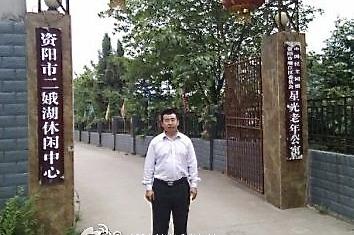NEWS ANALYSIS
Since taking the reins of power in China last year, Party leader Xi Jinping has repeatedly vowed to fight corruption. In a meeting of the Central Commission for Discipline Inspection, the Party’s anti-corruption body, on Jan. 22, he stressed that efforts should target both “flies” and “tigers,” referring to lower and senior level officials. The question remains, however, as to whether Xi will go after the real tigers.




